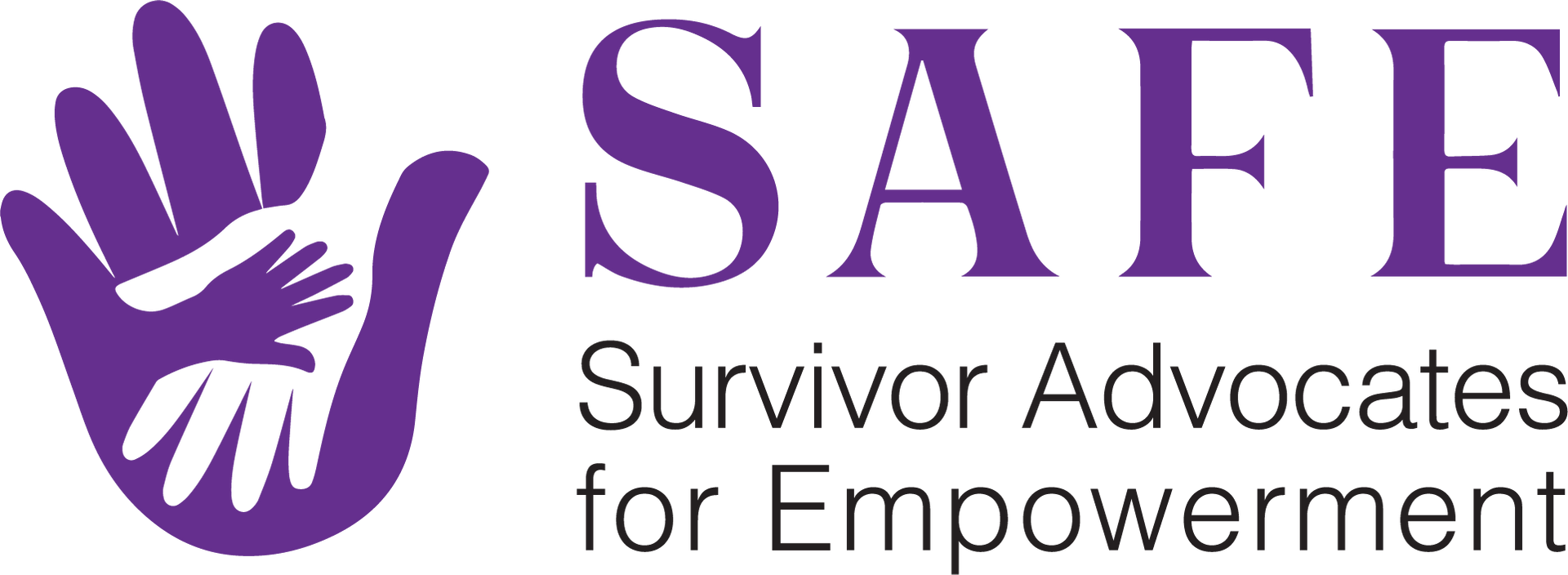Shining a Light on Stalking: Addressing the Crisis Facing Women in Canada

Stalking remains a pervasive and distressing form of gender-based violence in Canada, disproportionately affecting women. Defined as repeated, unwanted attention that instills fear and unease, stalking often escalates to more serious forms of violence, leaving victims feeling isolated and unsafe. The COVID-19 pandemic has only intensified this issue, as lockdowns and social restrictions have limited survivors' access to support networks and resources.
The Scope of the Problem in Canada
In Canada, stalking is a significant yet often underreported crime. According to Statistics Canada, approximately 4.6 million women have experienced stalking or unwanted attention in their lifetime. Women are nearly twice as likely as men to be victims of stalking, with the majority of perpetrators being men. Many of these incidents involve a perpetrator known to the victim, such as a current or former intimate partner, making the situation even more complex and emotionally distressing.
The pandemic brought additional challenges, exacerbating existing vulnerabilities. Reports from shelters and support organizations across Canada revealed an increase in stalking and other forms of violence against women. Isolation, financial stress, and heightened tensions during lockdowns created an environment where abusive behaviors, including stalking, could flourish.
Challenges in Addressing Stalking
Despite its prevalence, stalking is often misunderstood or minimized, both by society and the justice system. Survivors face numerous barriers when seeking help:
- Underreporting: Many women choose not to report stalking due to fear of not being believed or concerns about retaliation. This perpetuates a cycle of silence and invisibility around the issue.
- Legal Gaps: While Canada has laws addressing criminal harassment (the legal term for stalking), enforcement can be inconsistent. Survivors may find it challenging to navigate the legal system or to prove the ongoing nature of harassment.
- Stigma and Lack of Awareness: Stalking is often dismissed as an overreaction or romantic pursuit, downplaying its serious psychological and emotional impact.
The Role of Support Organizations in Canada
Canadian organizations play a critical role in supporting survivors and addressing stalking. Survivor Advocates for Empowerment (SAFE) is one such organization, offering a survivor-led approach to tackling gender-based violence, including stalking. SAFE focuses on:
- Awareness and Education: Through outreach initiatives, SAFE raises awareness about the realities of stalking and the importance of recognizing its signs. Education helps dismantle misconceptions and equips communities with the tools to intervene early.
- Empowering Survivors: SAFE’s programs provide survivors with guidance, resources, and support systems to navigate the challenges of stalking and regain control of their lives.
- Advocacy for Change: SAFE works alongside other organizations and policymakers to strengthen laws and policies addressing stalking and gender-based violence, ensuring survivors have access to justice and protection.
Canada in a Global Context
While Canada has made strides in addressing gender-based violence, including stalking, the country still lags behind global leaders in some areas. For instance, countries like Australia have implemented comprehensive prevention strategies that include public education campaigns, stricter enforcement of anti-stalking laws, and expanded support services. Canada’s efforts must continue to grow, incorporating best practices from international initiatives to ensure comprehensive and effective responses to stalking.
How You Can Help
Addressing stalking requires a collective effort. Here are some ways individuals can make a difference:
- Raise Awareness: Share information about stalking and its impact on survivors to help combat stigma and misinformation.
- Support Organizations: Donate to or volunteer with organizations like SAFE that provide critical support and advocacy for survivors.
- Advocate for Change: Contact local representatives to push for stronger laws and better enforcement around stalking and other forms of gender-based violence.
Stalking is a serious and growing issue in Canada, one that demands immediate attention and action. By raising awareness, supporting survivors, and advocating for stronger protections, we can create a society where women feel safe and empowered. Organizations like SAFE are at the forefront of this mission, working tirelessly to ensure survivors are heard, believed, and supported. Together, we can make a difference and take a stand against stalking and gender-based violence in all its forms.
--------------------
References
UN Women. (2020). "The Shadow Pandemic: Violence against women during COVID-19."
Canadian Women’s Foundation. (2021). "Gender-based Violence in Canada."
CBC News. (2020). "Pandemic Isolation Leads to Increased Domestic Violence in Canada."
Government of Canada. (2021). "Federal Strategy to Prevent Gender-Based Violence."
Australia’s National Plan to Reduce Violence against Women and their Children. (2022).












